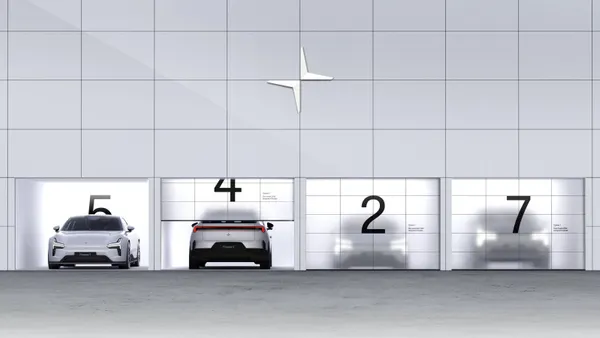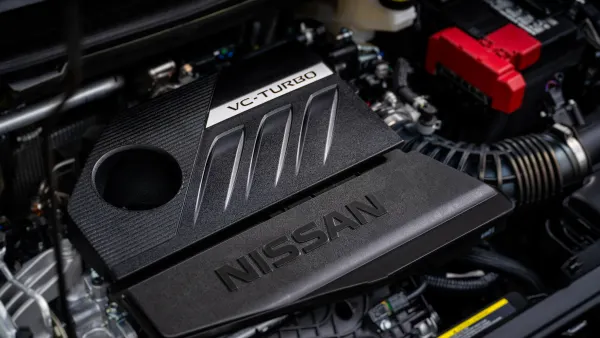Editor's note: This story is part of the WardsAuto digital archive, which may include content that was first published in print, or in different web layouts.
General Motors puts itself in the driver’s seat for the industry’s push into burgeoning shared-mobility services with the launch of Maven, arguably giving the automaker first-mover advantage for setting parameters around rates, payment options and how OEMs might leverage their massive dealer networks in the venture.
Maven launches this week in Ann Arbor, MI, a 100,000-resident city outside of Detroit and home of the University of Michigan. Faculty and students initially will be the focus of the service. GM will make vehicles available at 21 spots across Ann Arbor. Additional cities and communities will follow, the automaker says.
Here’s how it works. Customers download an app to their smartphones to locate, rent and access cars without a key. The introductory fee is $6 per hour. The app also permits remote access to a car’s HVAC system, so customers can heat it up or cool it down depending on the weather.
Cars will be equipped with Apple CarPlay, Android Auto, OnStar, Sirius XM Radio and a 4G LTE wireless hotspot so customers can bring their digital lives to the vehicle and create what GM hopes will be an ownership-like experience with the convenience of a shared service.
Customers can share their Maven experience with GM, including its top urban mobility services executive Julia Steyn, through the “WhatsApp” smartphone messaging app.
“This is just the start,” Steyn says of the Ann Arbor launch.
Maven will migrate to residential areas in the next couple of months, expanding GM’s Let’s Drive NYC car-sharing program launched last year in New York City and opening up a partnership with Magellan Development Group giving 5,000 Chicago residents access to cars.
Maven will expand GM car-sharing services already under way in Europe. It will be put in service on the automaker’s technical campuses in Michigan, Germany and China to refine how the service operates.
GM sees the formation of Maven, which includes 40 dedicated employees from the connected-car technology industry and ride- and car-sharing experts from groups such as Zipcar and Sidecar, complementing the automaker’s recently announced partnership and $500-million investment in the ride-hailing service Lyft. GM’s OnStar unit plays a major role in connecting cars within Maven.
“This is all part of a very comprehensive approach to what we are doing as we see the world changing and as we see our customers moving,” GM President Dan Ammann says.
Ammann admits the aggressive move into transportation-sharing this year gives GM a first-mover advantage on multiple fronts such as rate levels and payment methods.
“In any new marketplace there is a level discovery that goes on around pricing elasticity, around payment terms and preferences,” Ammann tells WardsAuto in a conference call with journalists to announce Maven. “What the level of the cars’ connectivity gives us is an ability to be highly flexible in how we do that going forward. There are a lot of opportunities for creativity.”
It could also create opportunities for future involvement in the program by GM’s more than 4,000 U.S. dealers, whose lots might serve as hubs for car-sharing. Expansive dealer inventories also could widen vehicle choices. GM’s dealers were not alerted of Maven ahead of yesterday’s announcement, although the automaker in October expressed its intention to enter alternative mobility business segments.
“We see the car-sharing activity as another way of growing our business, and it’s another way of getting greater utilization of our vehicles, and any time we are doing that it is creating opportunity for our dealers,” Ammann says. “We don’t see any issues there at all.”
Upwards of 6 million people globally use some type of transportation-sharing service and GM thinks its popularity will increase between four- and five-fold by the end of the decade.
“This is an area where we see significant growth,” Ammann says.









